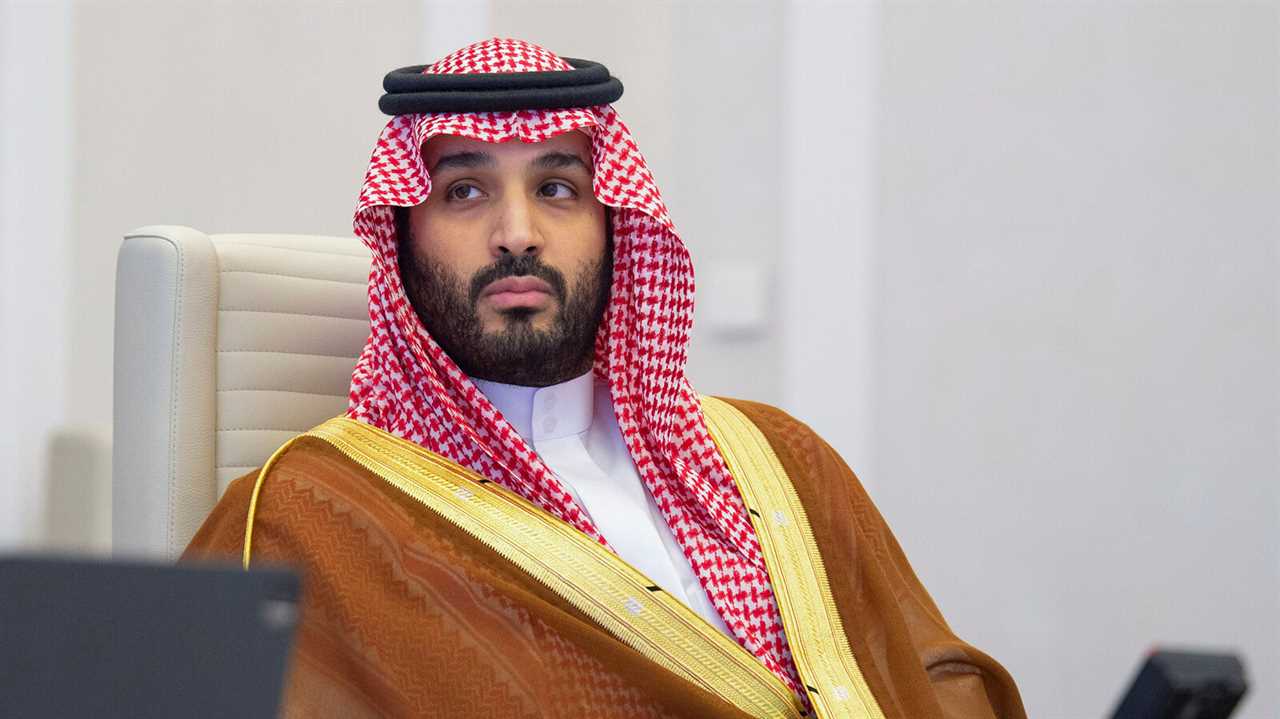
WASHINGTON — Seven Saudis involved in the killing of the journalist Jamal Khashoggi belonged to an elite unit charged with protecting Crown Prince Mohammed bin Salman, according to a declassified report on the assassination released on Friday. The New York Times has linked the group to a brutal campaign to crush dissent inside the kingdom and abroad, citing interviews with American officials who have read classified intelligence reports about the campaign.
The role of operatives from the so-called Rapid Intervention Force, or R.I.F., in the Khashoggi killing helped bolster the American intelligence case that Prince Mohammed approved the operation. “Members of the R.I.F. would not have participated” in the killing without the crown prince’s consent, according to the report.
The group “exists to defend the crown prince” and “answers only to him” the report said, and on Friday, the Treasury Department designated the Rapid Intervention Force for economic sanctions for its role in the Khashoggi killing.
Here is some of what is known about the unit:
Operations
The killing of Mr. Khashoggi was but one particularly egregious operation involving members of the group. The Rapid Intervention Force appears to have begun its violent campaign in 2017, the year when Prince Mohammed pushed aside his older rival to become heir to the Saudi throne.
According to American officials, the group has carried out dozens of operations both inside the kingdom and beyond — including forcibly repatriating Saudis from other Arab countries. The group also appears to have been involved in the detention and abuse of prominent women’s rights activists who had campaigned for lifting the kingdom’s ban on women driving. One of them, Loujain al-Hathloul, was imprisoned in 2018 and released only this month.
Another of the women detained by the group, a university lecturer, tried to kill herself in 2018 after being subjected to psychological torture, according to American officials. Some of the detainees were held temporarily inside an opulent palace belonging to Prince Mohammed and his father, King Salman.
The group was so busy that, in June 2018, its field commander asked an adviser to Prince Mohammed whether the Rapid Intervention Force might get bonuses for Eid al-Fitr, the holiday marking the end of the holy month of Ramadan, according to American officials who have read an intelligence report that mentions the request.
Leadership and Operatives
The group was overseen by Saud al-Qahtani, one of the crown prince’s top aides who served as a media czar for the Royal Court. One of Mr. al-Qahtani’s roles was to manage the kingdom’s “troll farms” — organizations that used legions of online bots and avatars to smother the voices of prominent critics like Mr. Khashoggi. The intelligence report released on Friday made reference to a 2018 quote from Mr. al-Qahtani that he “did not make decisions without the crown prince’s approval.”
American officials said the field commander for the Rapid Intervention Force was Maher Abdulaziz Mutreb, an intelligence officer who often traveled overseas with Prince Mohammed. Another operative on the team, Thaar Ghaleb al-Harbi, was a member of the Saudi Royal Guard who in 2017 was promoted for acts of valor during an attack on one of Prince Mohammed’s palaces.
The declassified report on Friday named all three men as part of a group of 21 people who “participated in, ordered or were otherwise complicit in or responsible for the death of Jamal Khashoggi” on behalf of the crown prince.
The Trial
The Saudi government has long denied that Prince Mohammed had any role in Mr. Khashoggi’s killing, and it put eight men on trial for it. The government never released the names of the accused.
In September, a Saudi court announced that five of the men had been sentenced to 20 years in prison, and three others received lesser sentences. Some of the defendants had originally received death sentences, but those sentences were lifted after one of Mr. Khashoggi’s sons said publicly that he and his siblings had pardoned the men who killed their father.
It was unclear whether any members of the Rapid Intervention Force were put on trial or sentenced, but Mr. al-Qahtani was publicly exonerated by the Saudi government because prosecutors said there was insufficient evidence to try him in Mr. Khashoggi’s killing.
Did you miss our previous article...
https://trendinginthenews.com/usa-politics/fda-expert-panel-endorses-johnson-amp-johnsons-vaccine






